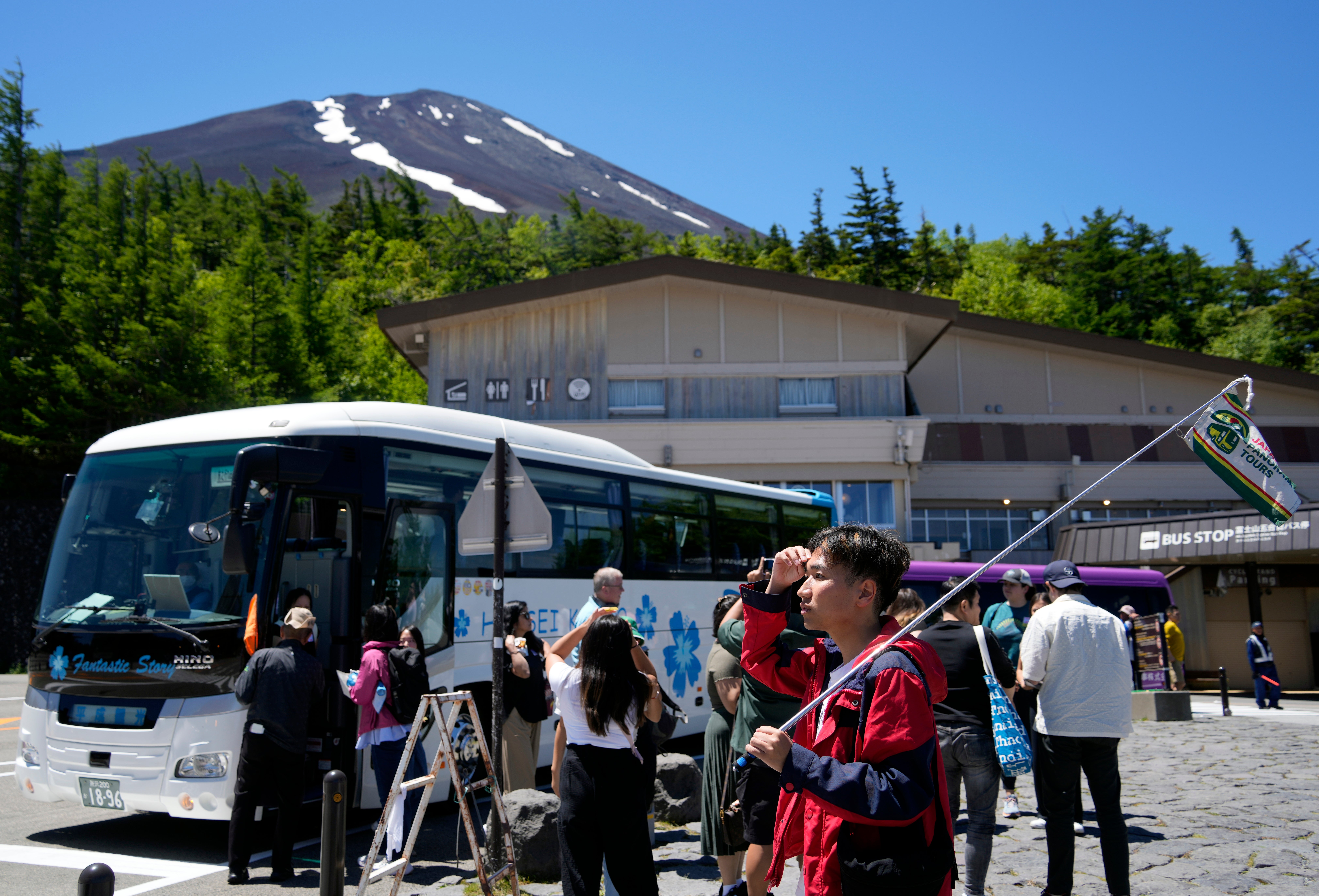Japan’s iconic Mount Fuji remains snow-free this fall, something that hasn’t happened since record-keeping began 130 years ago.
Japan’s tallest mountain is usually capped with snow by mid-October, marking the beginning of winter. But as temperatures rose this year, Mt. Fuji remained bare, breaking the previous most recent snowfall record, set on October 26, 1955 and tied in 2016.
Meteorologists at the Kofu Local Meteorological Observatory, about 40 kilometers from Fuji, confirmed that snowfall was delayed due to unseasonably high temperatures.
As soon as we see the first snowfall from our observation point, we will announce the first snowfall of the season. This is a tradition that goes back over a century.
Seasonal weather patterns can cause delays, but officials attribute this year’s unusually slow snowfall to ongoing climate trends that have warmed average fall temperatures in recent decades. There is.
The delay in snowfall at Fuji is part of a pattern of unpredictable seasonal changes occurring around the world due to the climate crisis. Longer summers have an impact on both snowfall and precipitation. In fact, 2024 is set to be the second consecutive hottest year on record.

Similar effects can be seen in coastal and mountainous areas of Japan, where autumns are generally warmer and winters are milder.
The country experienced record heat waves for the second year in a row in 2024, with temperatures 1.76 degrees Celsius higher than the average between 1991 and 2020. Currently, the first snowfall is delayed due to unseasonably warm fall weather.
Dozens of Japanese cities recorded high temperatures near or above 30 degrees Celsius in early October. According to Based on analysis by nonprofit research organization Climate Central.
The extreme heat experienced by Japan is three times more likely to be caused by the climate crisis, a study has found.
In 2024, the number of deaths due to heatstroke will reach a record high in Tokyo, with 252 people dying from June to September. Most of the victims were elderly and were found dead in their homes without air conditioning. Earlier this year, the early blooming of Japan’s cherry blossoms also raised concerns.
Beyond climate concerns, Fuji also faces other challenges, including overtourism. This year, local authorities introduced a tourism tax to manage the influx of tourists, with the aim of reducing the environmental impact of the millions of tourists who trek this iconic mountain each year.







